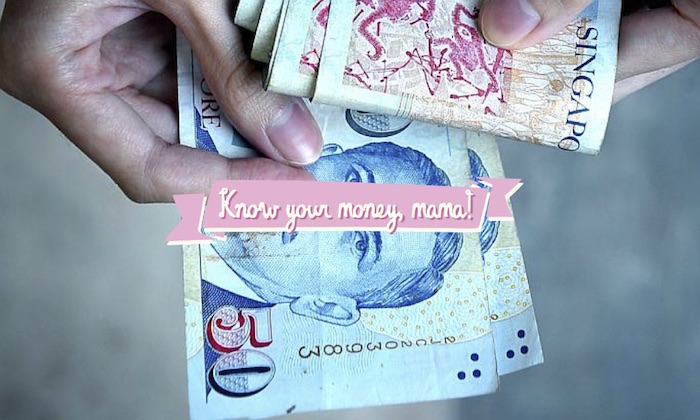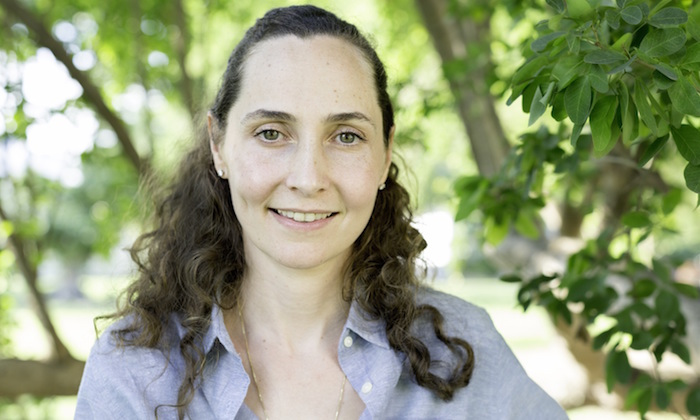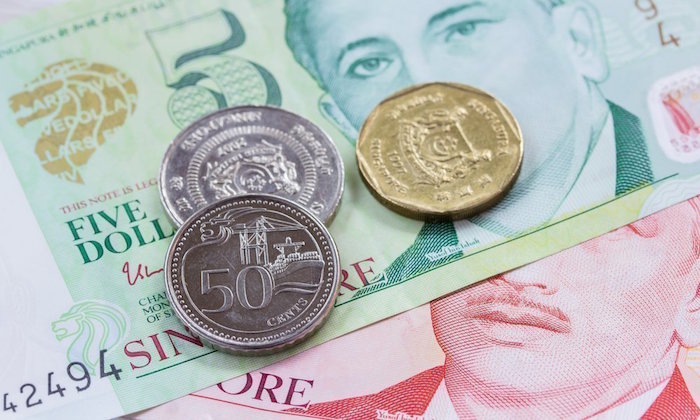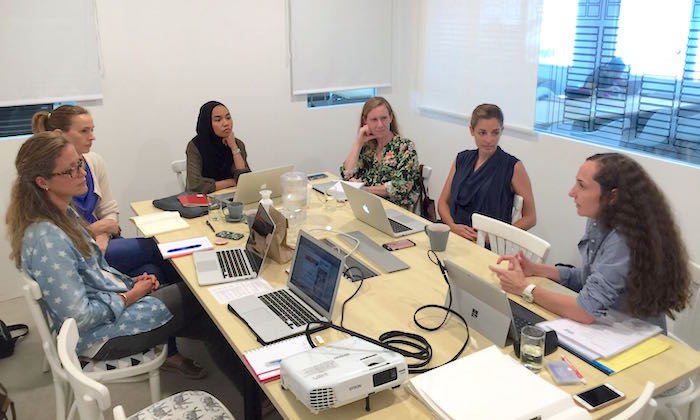
A special new workshop for women, by women helps you confront money issues head-on, to the benefit of your entire family
If your partner unexpectedly died tomorrow, would you be financially prepared? Would you know how to access all your bank accounts and investments? Could you quickly access your life insurance policy and last will and testament? If you’re an expat, would you be ready to deal with the financial intricacies of having assets in multiple countries? Six weeks ago, I sadly answered No to all of those questions.

It’s a cliché, but I am not great about money. While growing up I learned the basics like the importance of saving, and needing to earn my own money to spend on things I wanted, but I’ve managed to skate through most of my adulthood letting someone else worry about major financial decisions.
It’s not like I have one of those 1950s marriages where my husband tells me not to worry my pretty little head off about it – he’s just very financially savvy and clearly likes taking a hands-on approach to money matters, whereas it stresses me out and I tend to bury my head in the sand with things that stress me out. I know he frankly wishes that I was more on top of stuff, whether it’s monitoring our savings or keeping a household budget.

So when a friend introduced me to Amanda Edwards of Tidy My Money, I was intrigued. An accountant with nearly two decades’ worth of experience, she also brings a highly personal touch to her new initiative: when she was 11, her father unexpectedly died in a car accident, and she watched her unprepared mother deal with the financial fallout. She’s also the mother of twins and a longtime Singapore resident, having lived here for 11 years.
Amanda is all about empowering women to get a firm grasp on their finances so as to cut down their vulnerability (particularly to what Amanda calls “The 3 Ds: Death, Divorce and Disability). She started off by presenting us with what she calls “The Death Box” (basically an In Case of Emergency list). How many of these do you have in order, mama?
Marriage certificate
Birth certificate(s)
Guardianship letter for your children
Last Will & Testament
Insurance Document(s)
Employment Contracts
Shareholder agreement(s)
Share certificate(s)
Investment documentation
Mortgage documents
Loan documents
Bank & Savings account info
Pension Plan(s) Documentation

Amanda also covered topics like the importance of creating a “parachute” account for yourself in case all goes south (ideally enough money to cover a year’s worth of food and rent), and hammered home the idea that money is something that should be emotionless in our relationships, pointing out “It’s always better to discuss this stuff with your partner when you are both happy and talking to each other!”
After driving home the why of taking financial responsibility, Amanda showed us precisely how to do it. She’s created an amazing proprietary spreadsheet tool to track spending because, as she pointed out to us, “Even if you know how much money you’re spending in a month, do you know what you’re spending your money on? And even if you know what you’ve spent from a bank or credit card statement, it tells you nothing about how your money is spent.”
A bank statement is “so much more flat” than physically keeping track of receipts and tracking them on a monthly basis, Amanda explained (to which we all nodded our heads in agreement. Remember how I mentioned money stresses me out and I tend to procrastinate and ignore conflict? I think that’s why I greatly prefer spending with my debit card than ever using cash, because it makes me feel far less guilty).

She gave us tips on how to effectively manage and track spending with your helper, and also broke spending down into a myriad number categories that can really pinpoint where your money goes (everything from kids’ birthday parties to medical expenditures).
Lasting just over two hours, the seminar was enlightening and emboldening. I came away feeling a bit less scared about dealing with money, and spent the following weekend trying to get our “in case of emergency” box organized. Over the past month I’ve dutifully tracked receipts as Amanda suggested, and after entering them in the tool am a bit shocked to see exactly how much we spend on groceries (thank goodness for the Smart Spenders!). It will be interesting to see what our spending patterns look like over the course of a few months.
Priced at just $150 and limited to groups of 6 or less, Tidy My Money workshops are both affordable and personalised so that Amanda can easily answer all of your questions. Warm, friendly and incredibly knowledgeable, she kept the session interesting and engaging despite subject matter that normally makes me want to cover my ears and close my eyes. Whether you want to get your financial house in order, or are simply looking for a better way to track your household budget, I can strongly recommend Tidy My Money, mama!
![]() The first 50 Sassy Mamas who sign up for a Tidy My Money workshop can take 10% off the regular cost with the promo code SASSY2016. Book by 30 November, mama!
The first 50 Sassy Mamas who sign up for a Tidy My Money workshop can take 10% off the regular cost with the promo code SASSY2016. Book by 30 November, mama!
Tidy My Money, 36 Purvis Street, #02-09 Talib Centre, Singapore 188613, [email protected], www.tidymymoney.com.sg






 View All
View All




 View All
View All











 View All
View All






